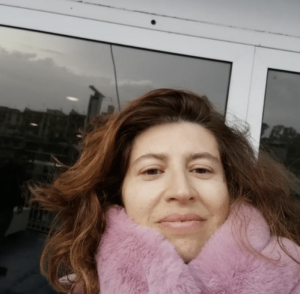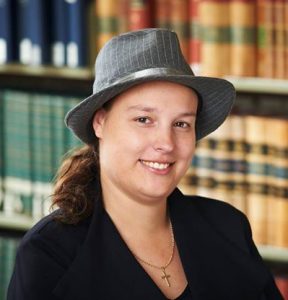The Impact of Coronavirus on Public Funding of Religious Organizations
 Adelaide Madera is Associate Professor of Canon Law and Law and Religion at the Department of Law of the University of Messina, Italy
Adelaide Madera is Associate Professor of Canon Law and Law and Religion at the Department of Law of the University of Messina, Italy
Since Everson v. Board of Education, access to public funding for religious organizations has been a controversial issue and fiercely litigated. During the pandemic crisis lockdown, the enactment of the CARE Act that established the Paycheck Protection Program, raised new challenges for religious charities.
The PPP appeared attractive to many organizations and businesses, both religious and secular, which needed to maintain their employees on their payroll. However, many concerns arose as to whether religious nonprofits were eligible for government funding, whether accepting PPP loans implied that religious organizations were federal contractors, and to what extent access to public funding could affect their religious identity. On April 3, the SBA issued guidelines to clarify some key points. First, receiving the loan has no implications on church autonomy, religious identity, internal governance, or on the exercise of rights guaranteed by federal statutes (RFRA, section 702 of Title VII, First Amendment). Accepting a PPP loan “constitutes Federal financial assistance” and implies “certain nondiscrimination obligations,” even though they “are not permanent.” The only limitation applies to all beneficiaries: 75% of the loan must be used to cover payroll costs. The SBA’s frequently asked questions underlined that the SBA’s nondiscrimination rules, as Title VII provisions, include an exemption allowing religious organizations to employ staff sharing their religious beliefs “to perform work connected with [the organization’s] religious activities.” The crucial question is whether this exemption allows religious organizations to select employees who also share their standards of behavior. Certain academics incline toward a narrow reading of this provision,[1] and a textualist reading of the expression “because of sex” of Title VII resulted in the Supreme Court’s inclusion of gender identity and sexual orientation under the protection offered by Title VII.


